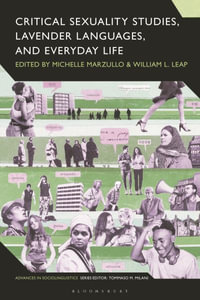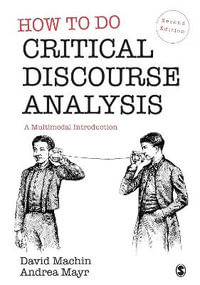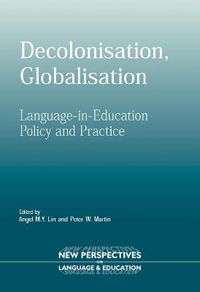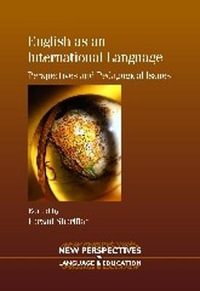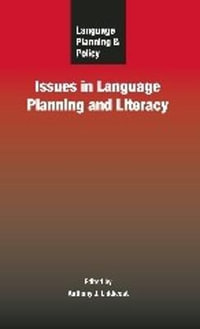Preface
Part 1 Writing, participation and identity
Introduction, Professor John Swales of University of Michigan, USA
Reflective Commentary, Ken Hyland
1. Writing in the university: education, knowledge and reputation. Language Teaching. 46 (1) 53-70. (2013).
2. Discipline: proximity and positioning. Chapter 2 of Disciplinary Identities. Cambridge University Press. pp 22-43. (2012)
3. Participation: community and expertise. Chapter 5 of Academic Publishing. Oxford University Press. pp 91-112. (2015)
4. Community and individuality: performing identity in Applied Linguistics. Written Communication. 27 (2): 159-188. (2010).
Part 2 Interaction, stance and metadiscourse
Reflective Commentary, Ken Hyland
5. Disciplinary cultures, texts and interactions. chapter 1 of Disciplinary discourses: social interaction in academic writing. University of Michigan Press. pp 1-19 (2004).
6. Stance and engagement: a model of interaction in academic discourse. Discourse Studies. 7 (2): 173-191. (2005).
7. Metadiscourse in academic writing: A reappraisal. Applied Linguistics. 25 (2): 156-177 (With Polly Tse) (2004).
8. Change of attitude? A diachronic study of stance. Written Communication. 33(3) p. 251-274 (2016)
Section 3 - Interactions in peripheral genres
Introduction, Professor Vijay Bhatia, City University of Hong Kong, SAR China
Reflective Commentary, Ken Hyland
9. Constructing proximity: relating to readers in popular and professional science. Journal of English for Academic Purposes. 9 (2): 116-127. (2010).
10. Dissertation acknowledgments: The anatomy of a Cinderella genre. Written Communication. 20 (3): 242-268. (2003)
11. The presentation of self in scholarly life: identity and marginalization in academic homepages. English for Specific Purposes 30 (4): 286-297. (2011).
Part 4 - Features of academic writing
Prof Diane Belcher, Georgia State University will provide a brief introduction to the section
Reflective Commentary, Ken Hyland
12. Academic attribution: citation and the construction of disciplinary knowledge. Applied Linguistics. 20 (3): 341-267. (1999).
13. Humble servants of the discipline? Self-mention in research articles. English for Specific Purposes. 20 (3). 207-226. (2001).
14. Is there an âacademic Vocabularyâ? TESOL Quarterly. 41 (2): 235-254
(with Polly Tse) (2007)
15. As can be seen: Lexical bundles and disciplinary variation. English for Specific Purposes. 27 (1): 4-21 (2008).
Part 5 - Pedagogy and EAP
Professor Ann Johns, San Diego State, USA
Reflective Commentary, Ken Hyland
16. Genre-based pedagogies: a social response to process. Journal of Second Language Writing. 12 (1): 17-29. (2003).
17. Nurturing hedges in the ESP curriculum. System, 24 (4): 477-490. (1996).
18. Specificity revisited: how far should we go now? English for Specific Purposes. 21 (4): 385-395 (2002).
Bibliography
Index




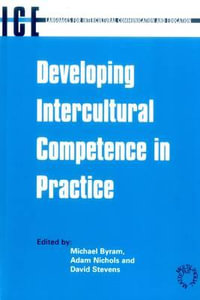
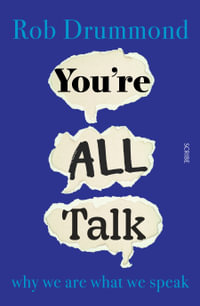
![Handbook of Japanese Dialects : Handbooks of Japanese Language and Linguistics [hjll] - No Contributor](https://www.booktopia.com.au/covers/200/9781501508417/7807/handbook-of-japanese-dialects.jpg)








